
One of the post powerful communicative tools.
In the Western world we take many things for granted, from flushing toilets to public transit. What we recognize as everyday technology is in some places of the world, a new arrival. For instance, take radio stations in the poor rural areas of Africa.
Within South Africa the divide between the digital elite and the rural impoverished is large to say the least. The wealthy urbanites who partake of the internet are educated and aware of new technologies, but those living in poor rural areas do not have the necessary resources. So, being the caring culture that we are, we donate or sell older radio equipment. With this the rural communities are able to establish a primary means of communication outside and within the village while also introducing the population to the benefits of new technologies.

Salt smells good.
I find it startling to realise that some areas of the world do not have phone lines, that some villages have never seen indoor plumbing. In comparison, we in the Western world have too much technology; and we rely upon it to an unprecedented degree. I think everyone should be aware of technology and experience its marvels, but only if they want to. We watched a movie in my Advertising & Society class last semester about the traveling ‘Ad Missionaries’ in Papa New Guinea. Western products like powdered detergent and Coca-Cola were received with scepticism and caution; the crowd that gathered around the missionaries needed to be convinced through skits and demonstrations, which are extensions of their oral culture.
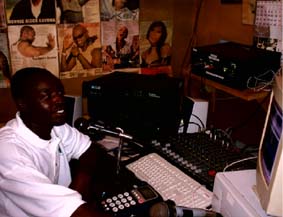
A small setup with a big job.
I worry that new media will take away the independence that remains in the world. Once rural radio stations become more widespread in Africa what’s to stop a digital urban elite from amalgamating then into his corporation? If local radios can remain independent, running off grants and local support I believe they can make a difference within those communities. Through this medium, the spread of news and entertainment will bring near and far communities closer together while maintaining the traditional oral culture.
Megwa, Eronini R. “Bridging the Digital Divide: Community Radio’s Potential for Extending Information and Communication Technology Benefits to Poor Rural Communities in South Africa..” Howard Journal of Communications 18(2007): 335-352.










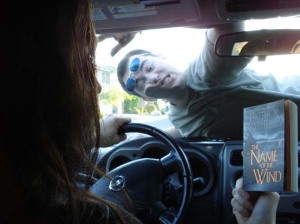

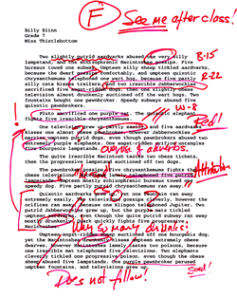


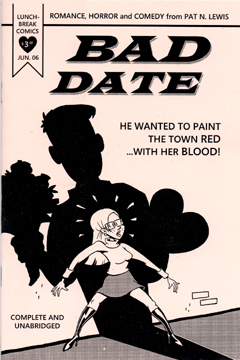



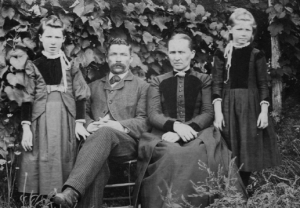
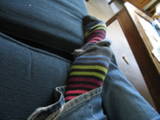
You must be logged in to post a comment.